Main Menu
Imagine your child diving into rich learning, being nurtured by caring teachers, and being known and celebrated for the unique masterpiece they have been created to be. Imagine your child receiving an education that is second-to-none and being pointed to Christ every step of the way. That’s what happens every day at Landmark Christian School.
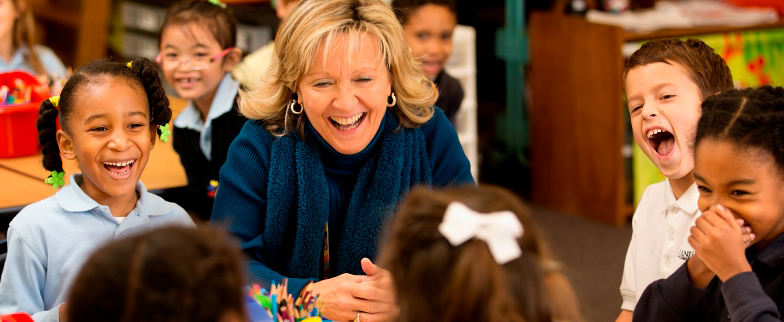
Student:Teacher Ratio
Grades Offered
Christ-centered Education
Academics
Opportunities
Each day, exceptional teachers, guided by their love for Christ, create a safe and nurturing environment that allows students to grow in their faith, intellect, character, and talents. As students explore the wonders of the world through the lens of God's Word, education and spiritual growth intertwine to provide a transformative journey for every student. At Landmark, learning isn't limited to testing and textbooks; it's a holistic experience that nurtures both knowledge and faith.
Parents value the strong parent-teacher relationships built at Landmark. Clear and consistent communication from your child’s classroom teacher will ensure that you are informed, welcomed when you want to be involved, and connected when you’re away. At Landmark, parents and teachers work together to build a foundation for our littlest learners.
At Landmark, your child will learn the ABCs of lifelong learning right from the start. They will learn to become active owners of their own education, be Biblically grounded, and emerge as community-minded servant-leaders.
Students love our engaging Math Talks, which deepen understanding, connect real-world applications, and spark curiosity. They gain rich vocabulary and the power of expression through Latin and Greek roots. They develop a love of reading supported by Orton-Gillingham-trained teachers. All of this happens in classrooms where teachers are focused on unlocking each student’s unique potential.
Students are prepared with a strong academic foundation in the core areas of mathematics, language arts, social studies, and science, setting them up to take advantage of Landmark’s robust academic offerings and thrive as they continue their educational journey.
Whatever the long-term educational goal, we know that the foundation matters.
We know that students benefit from high-impact teaching, not high-stakes testing. Landmark teachers know your child and provide you with ongoing feedback about student progress in a daily and weekly rhythm. Regular parent-teacher conferences allow opportunities to discuss individualized learning goals and review student portfolios, and MAP testing allows for formative data points that help inform each student’s educational plan.
Landmark students become educational adventurers every day! Beyond the core subjects, they learn world languages, engage in scientific experiments, unleash their creativity in theater, art, and TED (Technology, Engineering, and Design) classes, and enjoy the benefits of physical education. Our youngest learners have their own special Imagination Station, a place where they can develop their imaginations and enjoy age-appropriate exploration designed just for them.
Elementary Chapel rocks! This weekly, can’t miss, experience is a time where students not only learn about Jesus, but they worship with relentless abandon. Every parent is invited to attend. Not only will you see your child inspired to live like Christ, but you’ll be inspired by their loud little voices of praise.
Landmark students are servant leaders! They make a positive impact in the world by participating in all sorts of service opportunities throughout the year. For elementary students, these opportunities are like adventures where our students help others, spread kindness, and show empathy.
They might work together to provide necessities for people through a bake sale or garden market project. They might gather presents for children who don't have as much. They could even create special cards or crafts for first responders to brighten their day.
Through it all, they learn the power of compassion, teamwork, and selflessness and come to understand that they can contribute to making the world a better place.
We believe in nurturing the hearts and minds of young learners, providing them with a strong foundation for lifelong growth and development. Our Early Childhood Care offers a safe and loving environment where children embark on a journey of discovery, guided by caring and dedicated educators. We prioritize creating a Christ-centered atmosphere where biblical principles and values are woven into every aspect of their learning experience. Through age-appropriate curriculum, interactive play, and engaging activities, our program fosters the holistic development of each child, focusing on their social, emotional, cognitive, and spiritual growth. Join us as we cultivate a love for learning, build a personal relationship with Jesus Christ, and prepare our little ones to become confident, compassionate, and capable individuals ready to make a positive impact on the world for Jesus Christ.
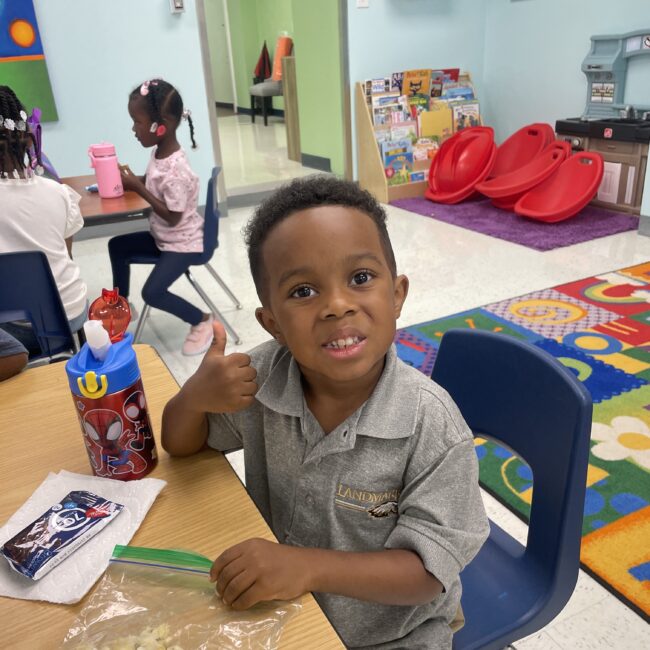
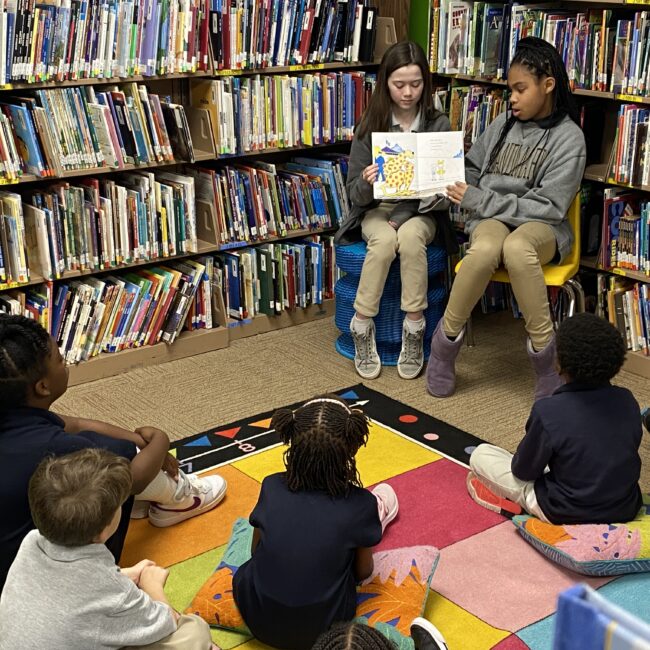
The vibrant media center, led by the dedicated Mrs. Zebroski, offers engaging activities to foster a love for reading among students. Initiatives such as book fairs and storytelling sessions enrich students’ literacy experiences and introduce them to the joy of reading. Mrs. Zebroski’s innovative approach includes a unique program where students can donate items to local charities, fostering empathy and a desire to make a positive impact in their community. This nurturing environment encourages students to explore the world of literature and embrace reading as a lifelong journey.
A rich education kindles wonder
Landmark elementary students have access to a variety of after-school activities through Jr. War Eagle Athletics and the Afterschool Enrichment Program. These programs offer a diverse selection of engaging activities that appeal to different interests and skill levels. Allowing students to have fun, gain self-confidence, and cultivate teamwork and sportsmanship skills.
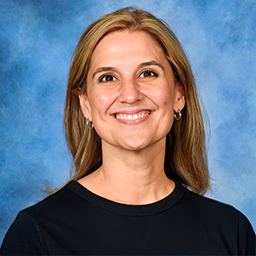
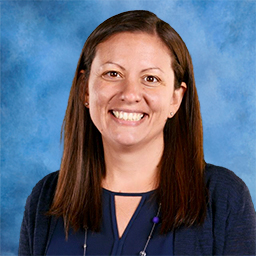
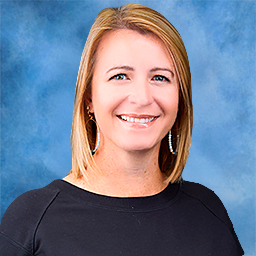
Come to an Open House or Campus Tour Day event, or receive an individual tour given by our Admissions team.
We love questions! Contact us today so we can help you see if Landmark is a great fit for your family!
Come soar with us! Click to get started with the admissions process.